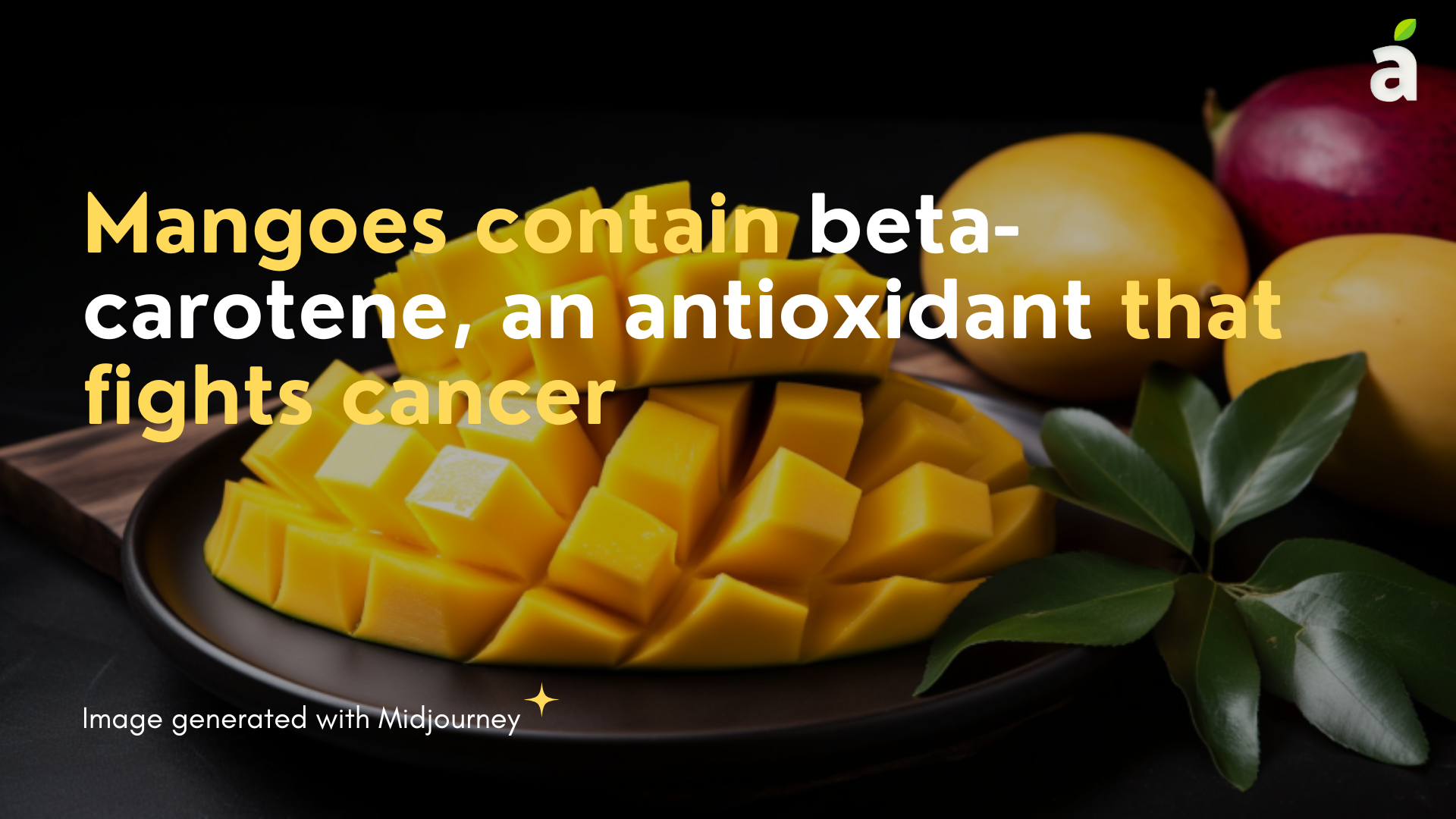Published Date January 24, 2003
Mango - A Fusion of Taste and Wellness
By Naurin Ansari
3 min read
Last update date: January 24, 2003
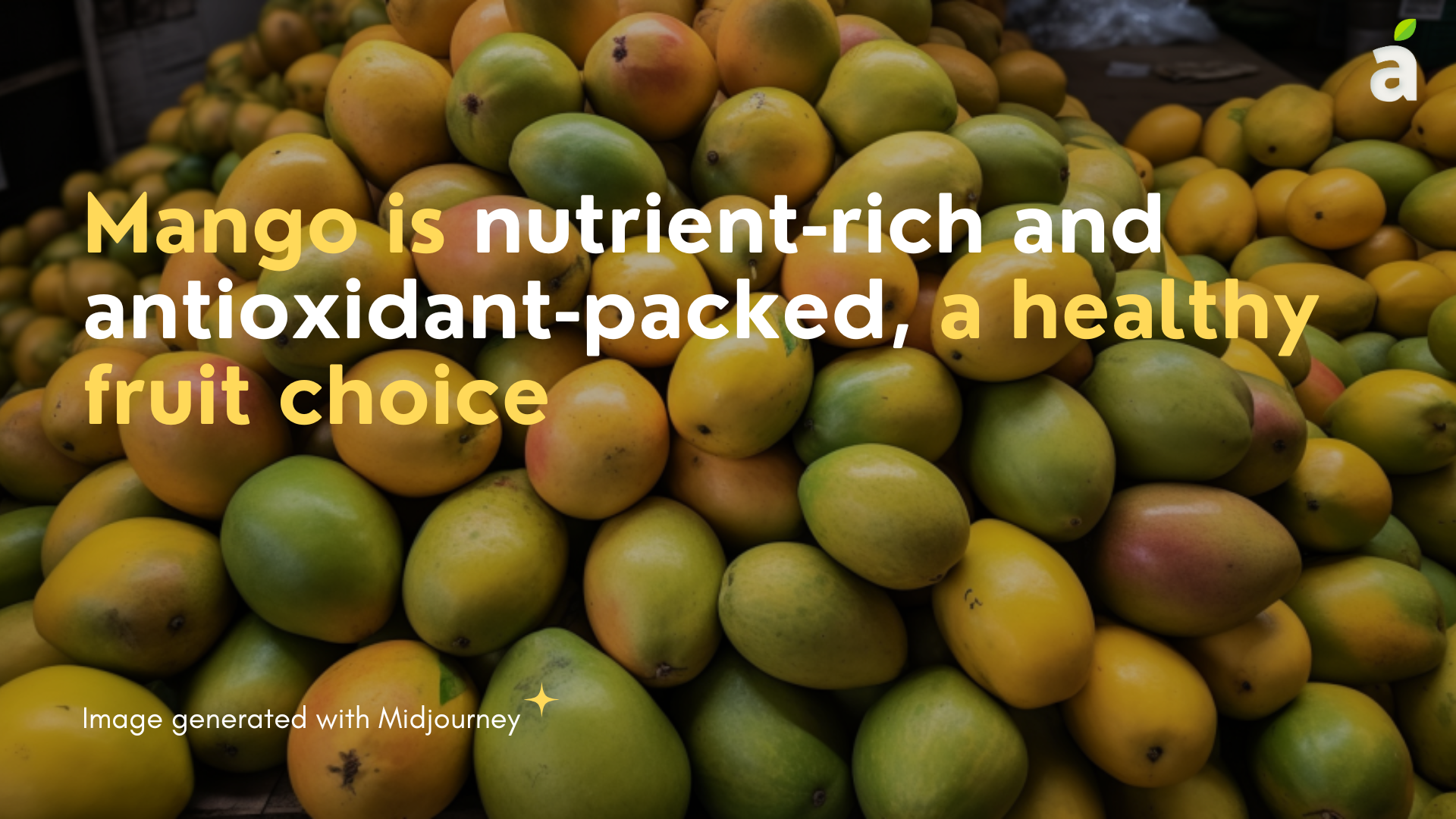
Mango, scientifically known as Mangifera indica is not only delicious but also packed with numerous health benefits. This tropical fruit is a rich source of vitamins, minerals, and antioxidants, making it a delightful addition to your diet.
In this blog, we will delve into the goodness of mangoes, their potential role in weight loss, tips on selecting and storing mangoes, and any possible side effects that you should know of.
The Marvels of Mangoes
The mango, often hailed as the "king of fruits," is a popular and highly nutritious fruit offering impressive health benefits. Regardless of the variety, mangoes are packed with essential nutrients that can support overall well-being.
Mangoes get their vibrant yellow-orange colour from beta-carotene, an antioxidant that fights free radicals and reduces the risk of certain cancers. They are also packed with essential vitamins A, C, and E, which promote healthy skin, support the immune system, and protect against oxidative damage. These nutrients work together to enhance overall health and well-being.
Mangoes are fibre-rich fruits with antioxidants that support digestion, fight inflammation, and protect against chronic diseases. They also provide potassium and magnesium for a healthy cardiovascular system.[1]
Mangoes and Weight Loss
Mangoes are not only delicious but can also be beneficial for weight loss. They are high in water content and contain soluble fibre, which has been studied for its weight loss effects. Research has shown that soluble fibre can help reduce weight modestly.
When it comes to managing weight, the glycemic index (GI) is an important factor to consider. Mangoes have a relatively low GI of 51, indicating that they have a minimal impact on blood glucose levels compared to high GI foods. This makes mangoes a favourable choice for weight loss compared to fruits like watermelon and pineapple, which have higher GI values.
While mangoes are naturally sweet, they can still be enjoyed as part of a weight loss journey. Mangoes are relatively low in calories, with an average mango containing around 150 calories. They are also rich in dietary fibre, providing approximately 5 grams per mango. This fibre helps keep you feeling full and satisfied, which prevents overeating.
Natural sugars in mangoes are accompanied by essential nutrients and phytochemicals, making them a healthier choice compared to processed sugary snacks. However, portion control and balance are necessary. Including mangoes in a well-rounded, nutrient-dense meal plan can provide both satisfaction and nourishment while supporting your weight loss goals.[2]
Selecting and Storing Mangoes
To enjoy the best-tasting mangoes, knowing how to choose and store them correctly is crucial. When selecting mangoes, aim for a balanced texture that is not too firm or soft. Ripe mangoes typically have a yellow and reddish colour, indicating their readiness. Keeping ripe mangoes in the refrigerator is recommended to maintain their freshness.
If you wish to extend the shelf life of ripe mangoes, freezing them is an excellent option. Simply dice the mangoes and store the pieces in a ziplock bag. This way, you'll always have a convenient supply of mangoes ready for making delicious smoothies.
Avoid mangoes with wrinkled skin or visible blemishes, as these signs may indicate poor quality or overripeness. Also, pay attention to the fruity aroma near the stem, which signifies ripeness.
If you purchase mangoes that are not fully ripe, allow them to mature at room temperature. Placing them in a warm place can help expedite the ripening process. Once the mangoes reach the desired ripeness, transfer them to the refrigerator to maintain their freshness and prevent them from becoming overly ripe too quickly. By storing mangoes properly, you can enjoy their juicy sweetness over an extended period.[3]
Potential Side Effects of Mangoes
While mangoes are a delicious and nutritious fruit, there are a few considerations to be aware of. One medium-sized mango contains about 46 grams of sugar. Even though sugar is ‘natural’ in nature, excess of even natural sugar can cause issues in the body.
It's worth noting that some individuals may have allergies to mangoes, particularly if they are already allergic to latex. This is because mangoes belong to the same plant family and can have similar proteins to latex, potentially causing discomfort for those with underlying allergies. Additionally, in rare cases, the skin of mangoes may contain a compound called urushiol, which can lead to an itchy rash in sensitive individuals. To minimize the risk, it's important to wash mangoes before consuming or peeling them thoroughly.
While mangoes are generally safe for consumption, excessive intake of mangoes can contribute to weight gain or digestive discomfort. Individuals with diabetes or other conditions that require careful blood sugar management should monitor their mango consumption and adjust accordingly.
As with any food, it's always a good idea to listen to your body and be aware of any adverse reactions or sensitivities. Be mindful of these considerations and enjoy mangoes and their delightful taste and reap their nutritional benefits.[4][5]
Takeaway
Mangoes are not only a delicious tropical fruit but also a nutritional powerhouse. Their vitamins, minerals, and antioxidants offer a range of health benefits like supporting skin health, immune function, and digestion. While mangoes can be a part of a balanced weight loss plan, portion control and mindful eating are critical. You can ensure optimal quality and taste by selecting and storing mangoes correctly.
Lastly, it's essential to be aware of any potential allergies or side effects and enjoy mangoes in moderation to reap their goodness without any adverse effects. So, indulge in the luscious flavour and nutritional richness of mangoes while savouring the sweet taste of summer.
References
- https://www.webmd.com/diet/health-benefits-mango
- https://www.everydayhealth.com/diet-nutrition/diet/mangoes-nutrition-benefits-types-and-more/
- https://www.everydayhealth.com/diet-nutrition/diet/mangoes-nutrition-benefits-types-and-more/
- https://www.everydayhealth.com/diet-nutrition/diet/mangoes-nutrition-benefits-types-and-more/
- https://timesofindia.indiatimes.com/life-style/food-news/side-effects-of-mangoes-that-go-hand-in-hand-with-their-sweetness/photostory/90941473.cms?picid=90941557
Keep reading
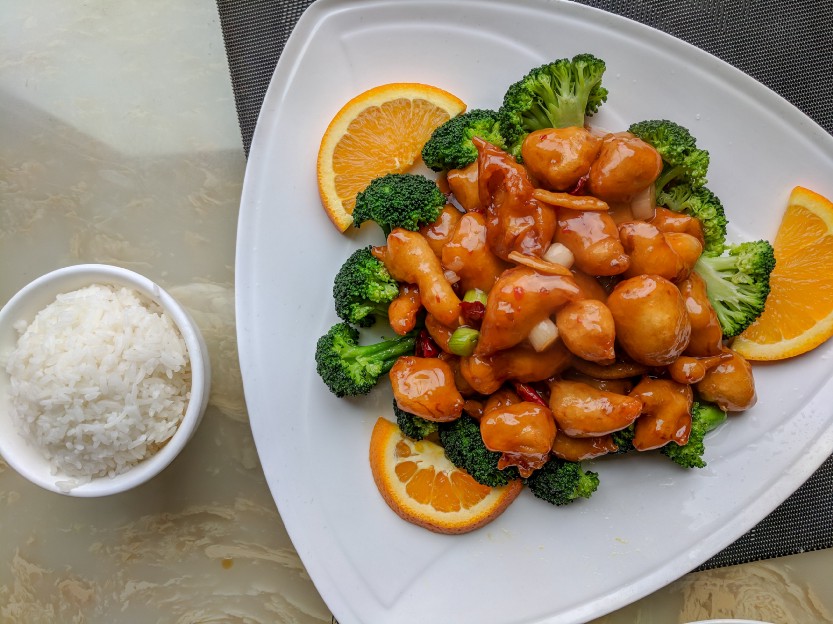
Nutritional Needs of a Recreational Athlete
All about carbohydrates, vitamins A, protein and Athlete.
By Arpita Sudev
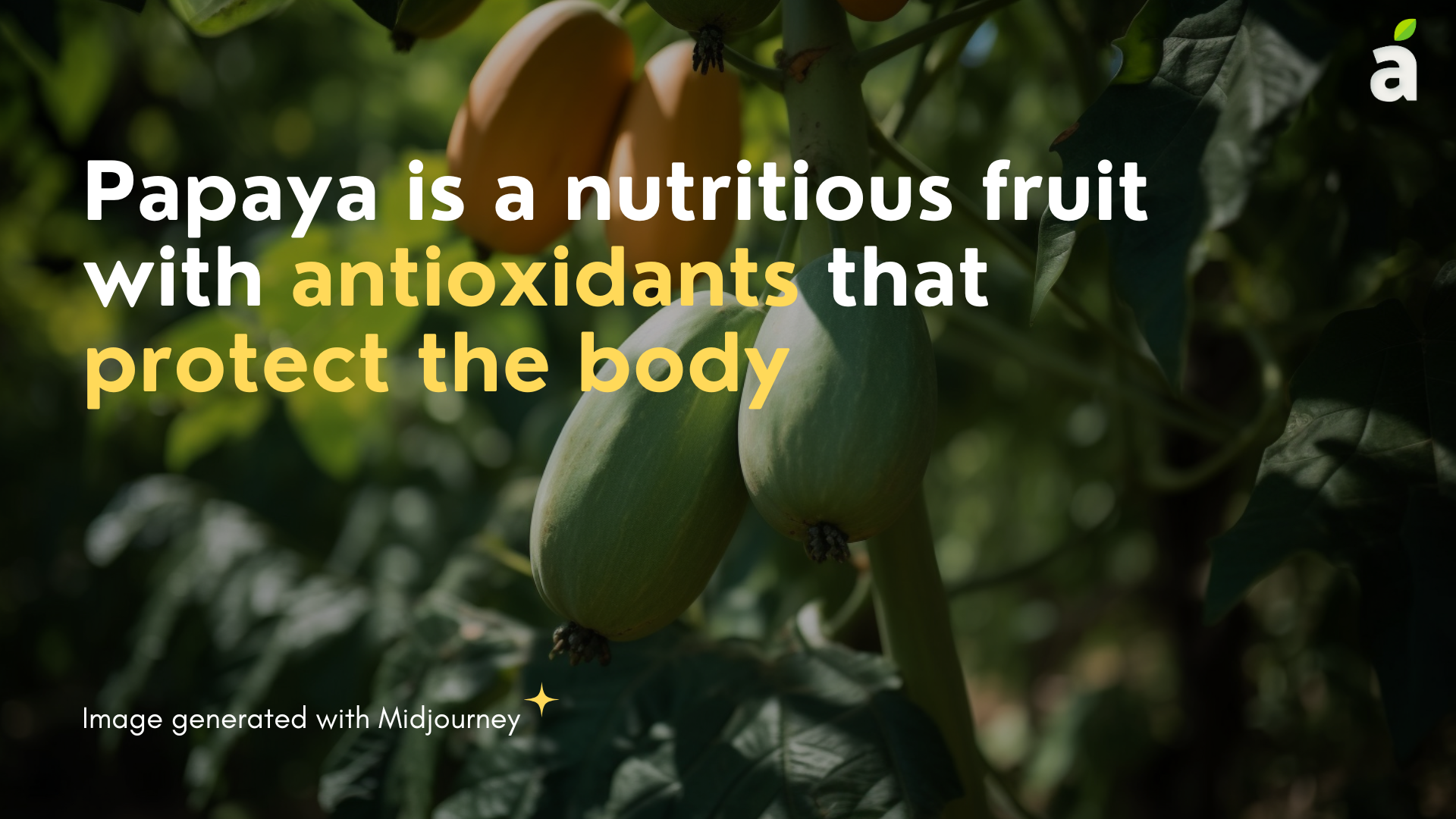
Papaya: Nature's Gift for Wellness and Vitality
By Naurin Ansari
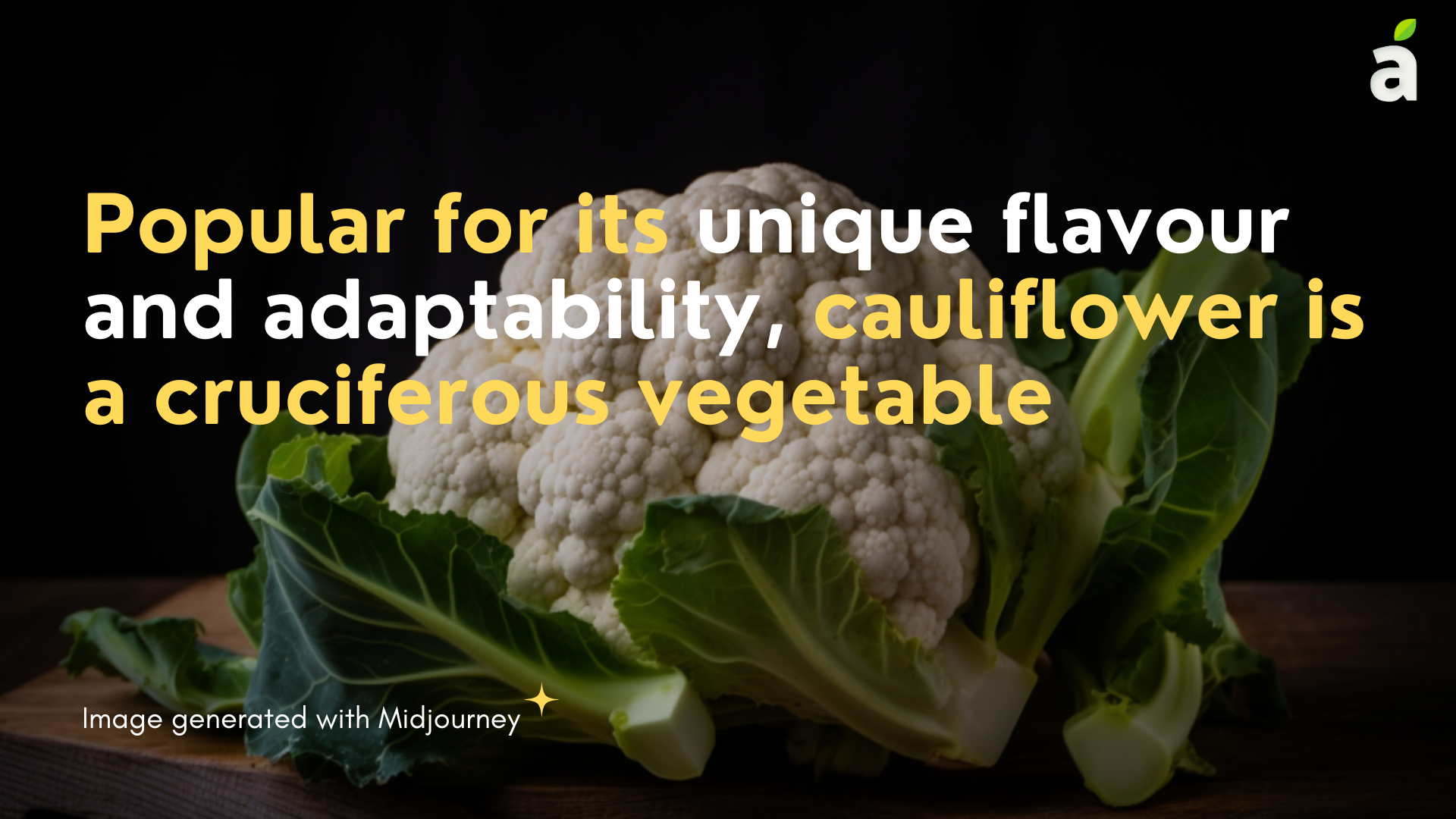
Cauliflower: A Versatile and Nutritious Vegetable
By Naurin Ansari

The Sweet and Nutritious World of Dates
By Naurin Ansari
Choose Healthy With Us.
Know the real truth about your food. Stay informed and healthy, for free.

Download the App Now
Certified nutritionists trust our food recommendations. Safe to say, so can you :)




